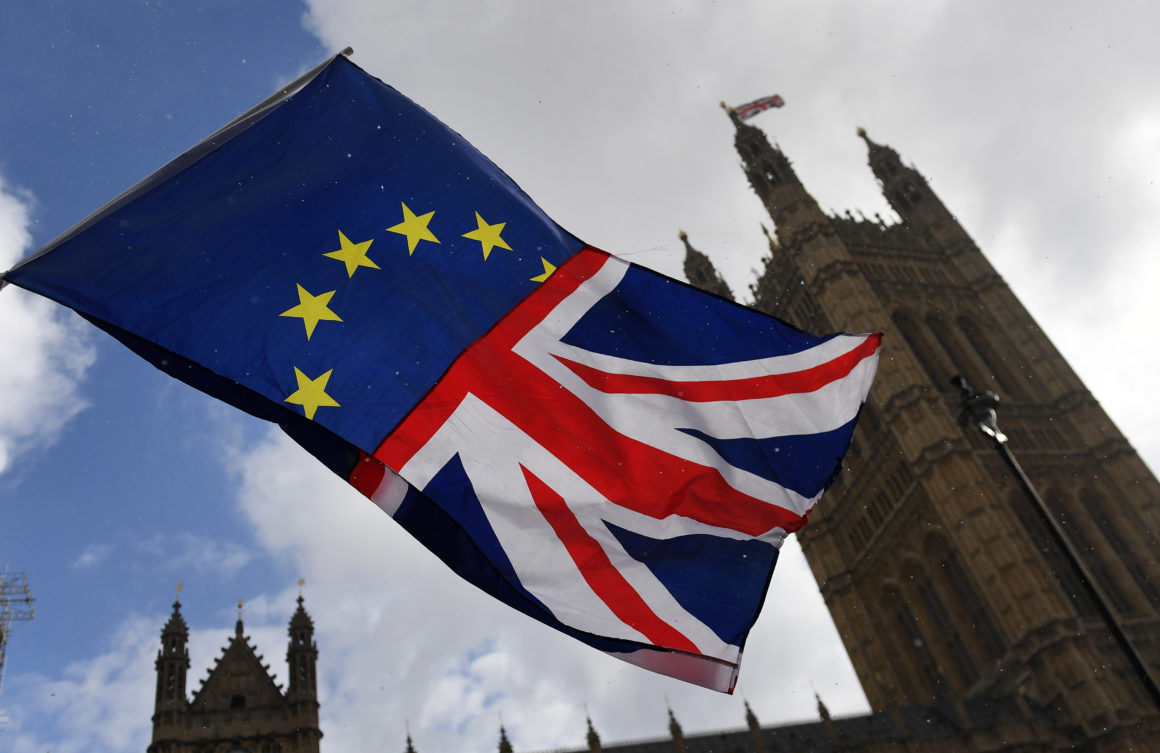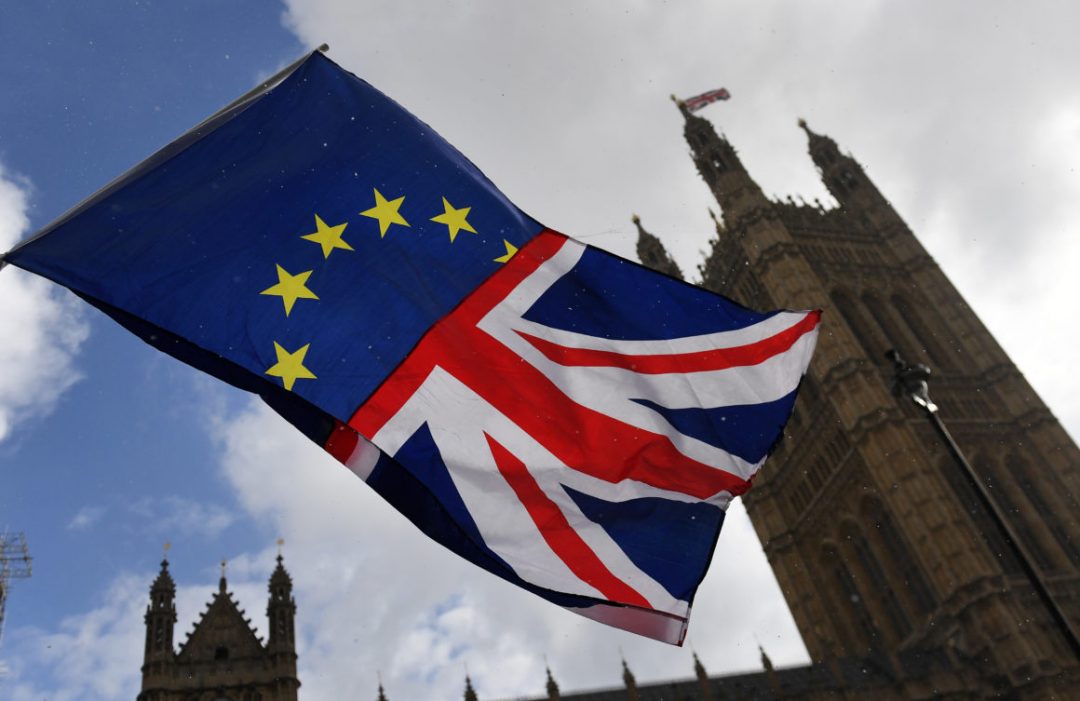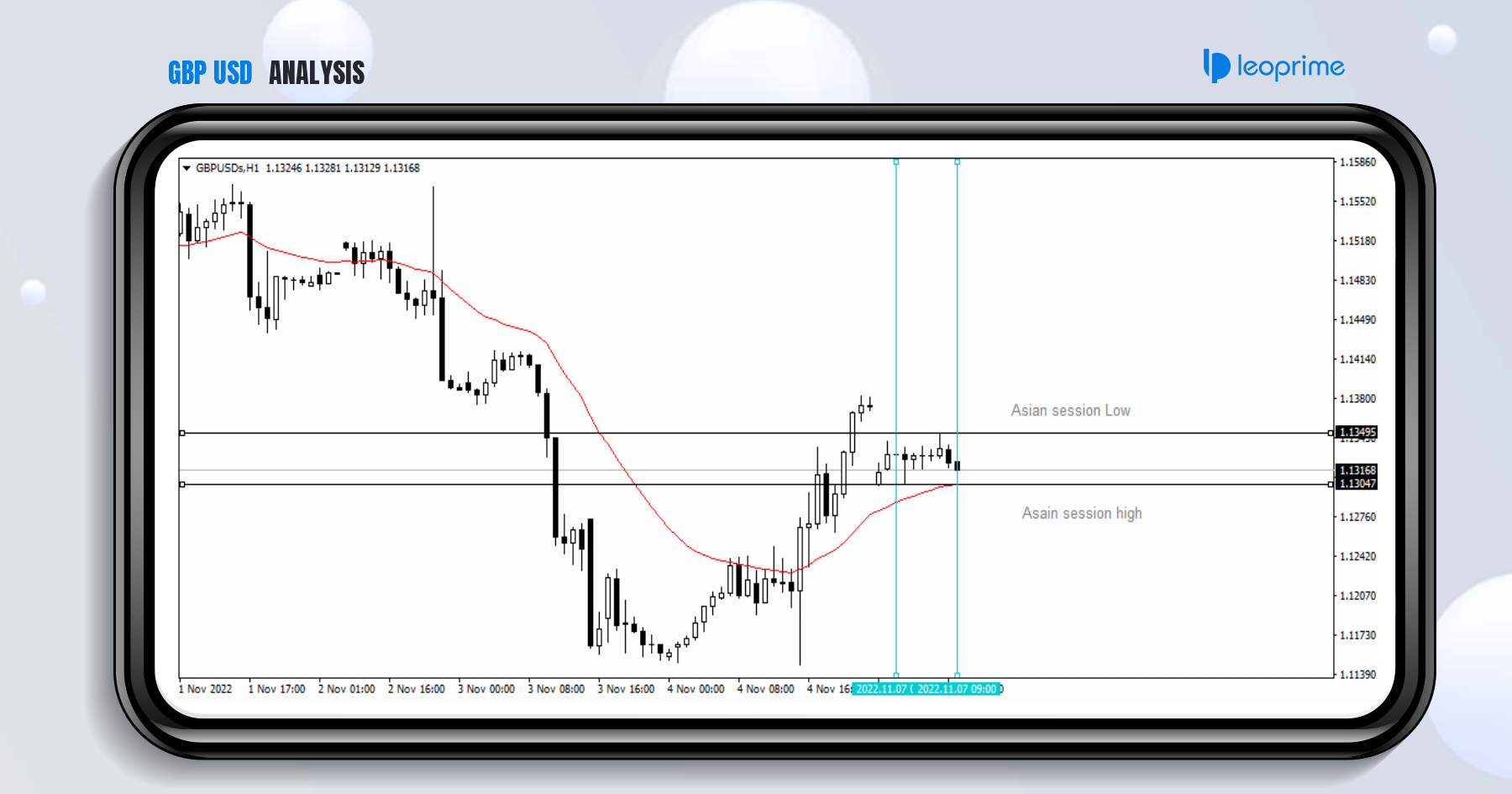After Theresa May’s Withdrawal Agreement was rejected in her third attempt to get it through Parliament last week MPs will today vote on a number of alternatives in a second round of indicative votes.
Where does this leave the Brexit process? Is the Prime Minister going to have to resign soon? Read on to find out.
What happens next?
Today MPs will have their say in a second round of indicative votes to try to find an alternative they prefer after failing to back any of the eight options put to them last Wednesday. The options that were rejected by the smallest margins were a so-called “confirmatory referendum” and a customs union, with 268 MPs backing the former and 264 going for the latter. Ideas relating to that – or perhaps combining both – will be on the cards.
Many of last week’s eight options have returned for round two, but some have been replaced with new alternatives.
If they fail to reach a conclusion yet again, Jeremy Corbyn will continue pushing for a general election.
Mrs May has said that she fears “we are reaching the limits of the process” given how many options MPs have rejected, so she could sympathise if MPs fail to come up with another option.
Debate begins at 3:30 p.m. (10:30 a.m. ET) with voting expected to get underway around 8:00 p.m. (3:00 p.m.).
Motion A, Unilateral right of exit from backstop — This proposes that the UK shall leave the European Union on May 22 with the Withdrawal Agreement amended to allow the UK unilaterally to exit the Northern Ireland backstop.
Motion B, No deal in the absence of a Withdrawal Agreement — This alternative calls for support from MPs for a no-deal Brexit if the House has not backed May’s Withdrawal Agreement.
Motion C, Customs Union — This motion calls on the Government to ensure that the Brexit plan includes a permanent and comprehensive UK-wide customs union with the EU.
Motion D, Common Market 2.0 — This proposal wants the Political Declaration — which covers the future relationship between the UK and the EU — to be renegotiated so that the UK joins the European Free Trade Association, through which is retains its membership of the European Economic Area, or Single Market. The UK would also seek to negotiate a “comprehensive customs arrangement” with the EU.
Motion E, Confirmatory public vote — Parliament would not be allowed to ratify any Brexit deal until it has been confirmed by a public poll.
Brexit this week
Monday: In the morning, John Bercow, the Speaker of the House of Commons, is expected to select four options for Brexit to be voted on by MPs in a series of indicative votes. Later, Theresa May is expected to hold meetings with rebel MPs and Cabinet ministers to try to persuade them to back her deal
Tuesday: Cabinet meets in the morning when ministers will discuss when to hold the next Meaningful Vote on her deal. One option is it attach it to the Withdrawal Agreement Bill.
Ministers will be on resignation watch in case the Prime Minister decides to back either a customs union or a no-deal Brexit.
Wednesday: Mrs May faces MPs in Prime Minister’s Questions. The Meaningful Vote could be held today, Thursday or conceivably next week.
If MPs have coalesced around an single option, they could bring forward draft legislation to force the Prime Minister to pursue a softer Brexit, such as keeping the UK in a customs union.
Thursday: If Mrs May holds the Meaningful Vote and wins, she must ask the EU leaders if the UK can still leave with a deal by May 22. If the deal is not passed she must decide whether to leave without a deal by April 12 or ask for a longer extension.
Meanwhile, voters also go to the polls in the Newport West by-election.
Friday: The by-election result will give Mrs May and Labour leader Jeremy Corbyn an indication as to how their approaches to Brexit have damaged their electoral prospects.









